On 3-4 November I was part of the delegation of the Committee on Economic and Monetary Affairs of the European Parliament visiting The Netherlands in preparation of the Dutch presidency of the European Union (first semester of 2016).
During our stay, we met with the Minister of Finance, Jeroen Dijsselbloem, members of the Finance Committee of the Dutch Parliament, the President of the Dutch National Bank, supervisory authorities from the banking system, representatives of commercial banks, insurance companies and pension funds.
We discussed the impact of the European Central Bank’s (ECB) quantitative easing program upon the real economy and upon financial markets. These measures have reduced the level of the interests, facilitated the access of the real economy to liquidity, but have not yet increased the inflation rate towards the level of 2% (ECB inflation target).
Initially, the quantitative easing program should have ended until September 2016, have the objectives of the program been met. Given that not all objectives have yet been met and given that an abrupt termination of QE would impact upon financial markets, I will follow the upcoming decisions of the ECB with high interest. Answering one of my questions in the Parliament in March this year, the ECB President, Mario Draghi, said that quantitative easing measures could continue after September 2016, if inflation did not move towards the ECB target.
Nevertheless, these measures promoted by the ECB for stimulating the economy cannot substitute structural reforms. Therefore, it is essential that all EU Member States adopt structural reforms to improve their competitiveness and attract investors. Monetary policy cannot be the only tool of economic policy.
We have also discussed about the measures taken by Dutch authorities to come up with eligible projects to be financed through the European Fund for Strategic Investments (EFSI).
To this end, the Dutch Government established an agency for rendering assistance to companies aiming at accessing the fund. If an EU Member State wishes to benefit from a significant proportion of the 315 bn EUR in investments to be financed through EFSI, it shall provide assistance to companies aiming at tapping the EFSI.
During our talks we also learned about the oath of honesty for bankers introduced by The Netherlands, following the economic and financial crisis. Thus, Dutch banks’ employees are assuming principles of transparency, integrity, law compliance and prioritization of the clients’ interests.
Another concrete topic I have discussed with the Dutch officials was the need to involve the national parliaments in the application of the recommendations made by the European Commission in the European semester. The European semester is the annual cycle of coordination of the economic policies, within which the European Commission makes to each Member State a series of specific recommendations. The Member State has the responsibility to implement these recommendations and the freedom to choose the means of their implementation. However, these recommendations must be better applied by the Member States.
My opinion, shared by colleagues from the European Parliament, is that we need Member States taking ownership of these recommendations. This shall be achieved through public debates in each Member State and the involvement of the national parliament in the decision -making process.
We also discussed about the European Union’s budget. As rapporteur of the EPP Group for all the amendments of the EU budget for 2015, my message was clear: in order to prevent these multiple budgetary amendments for the future, we have to anticipate the next year’s developments correctly and to allocate sufficient funds, based on realistic assumptions, so that we avoid having underfinanced important lines, which then need to be amended.


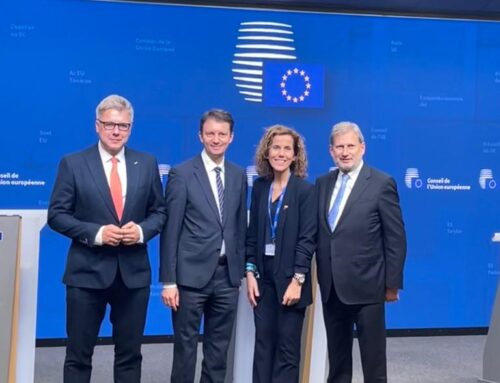
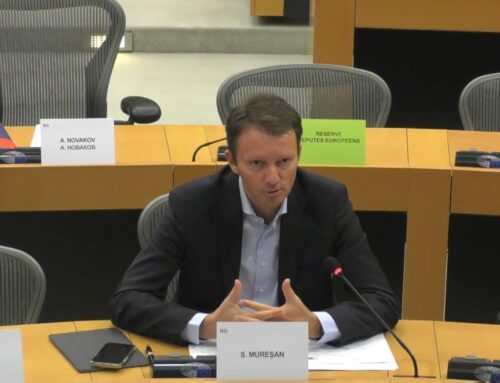

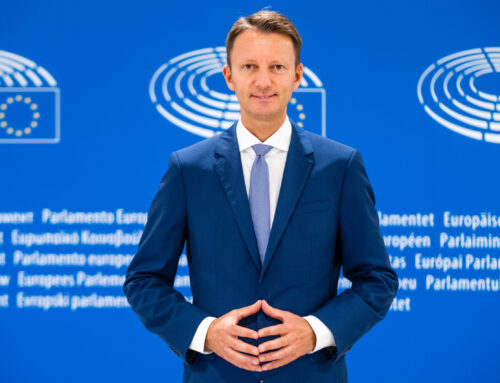
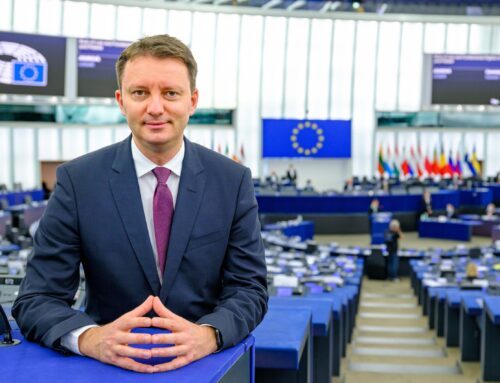
Stay In Touch